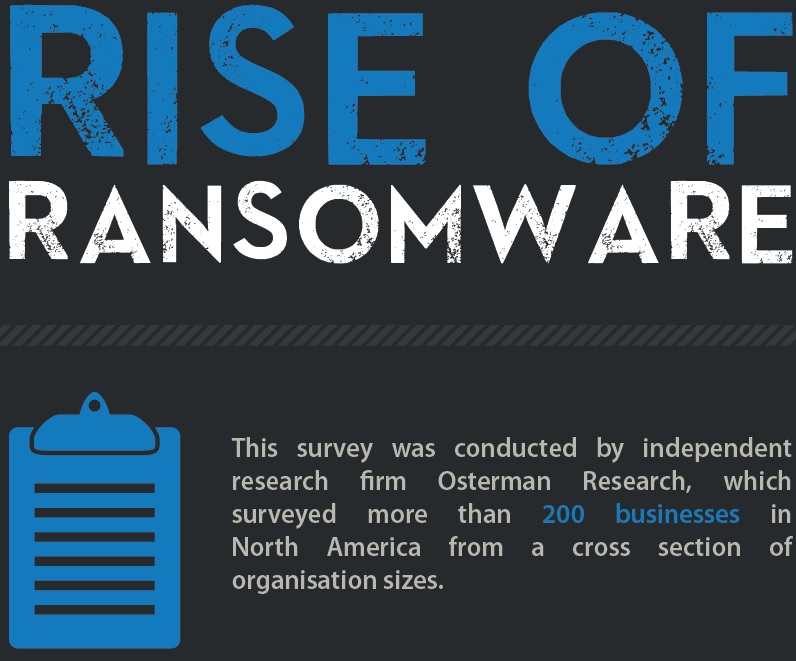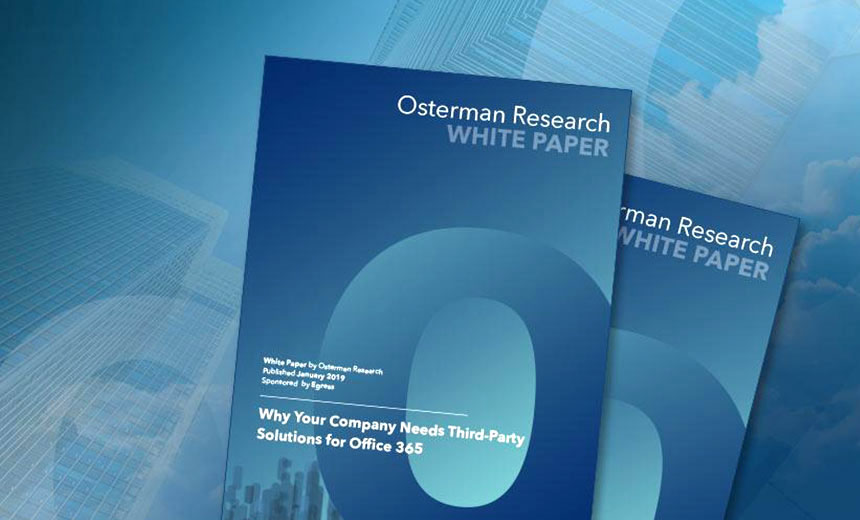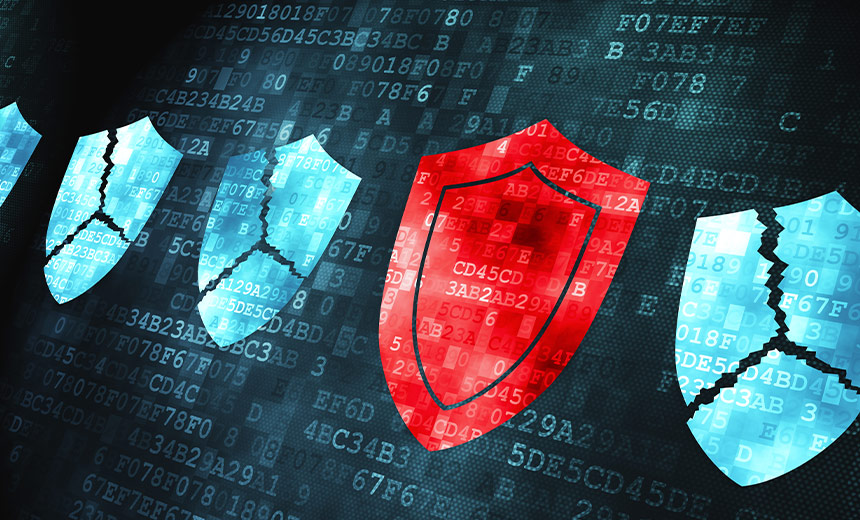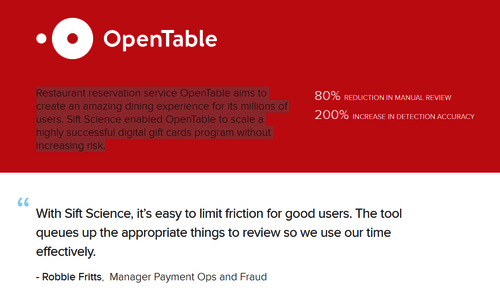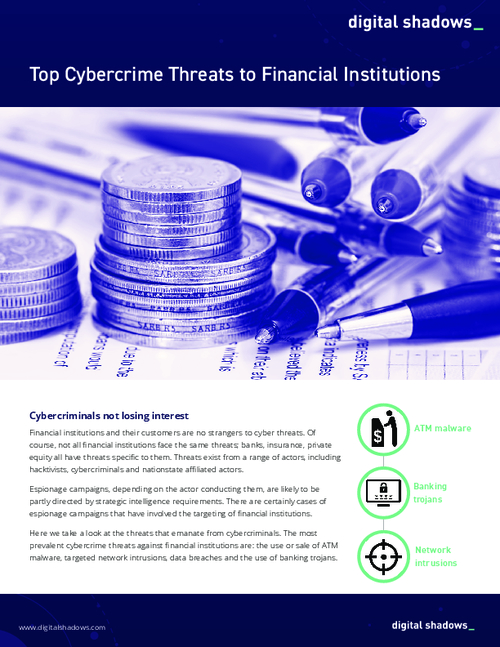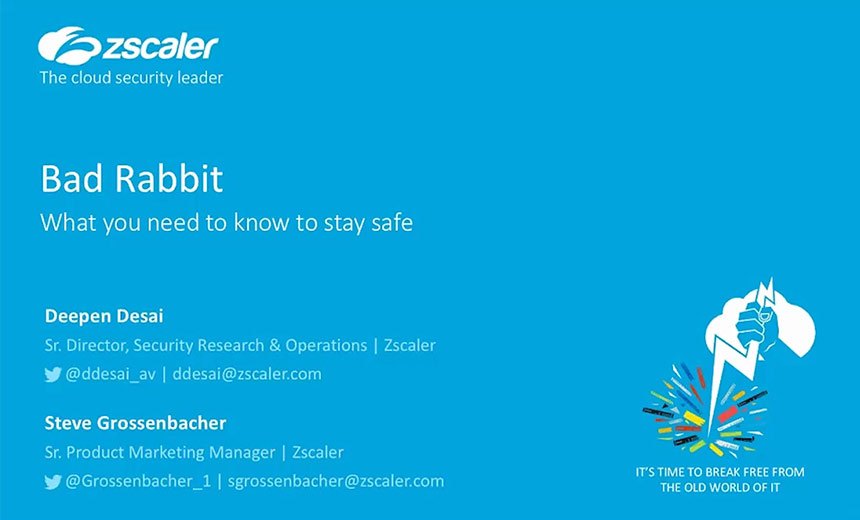Cybercrime , Fraud Management & Cybercrime , Incident & Breach Response
4 Telcos Form Cybersecurity Alliance: What Will Impact Be?
Security Leaders Weigh on the Chances for Success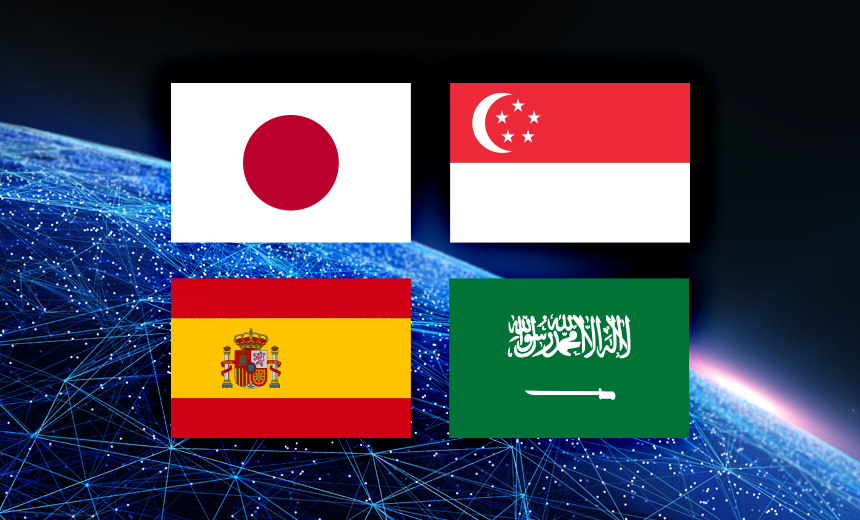
Security experts are weighing in on whether a new alliance of four competing telecom companies formed to offer a portfolio of cybersecurity services will prove successful.
See Also: Five Steps to Masterminding an Effective Security Awareness Program
The four telecom companies - Singapore's Singtel, Japan's Softbank, United Arab Emirates' Etisalat and Spain's Telefonica - are creating the Global Telco Security Alliance.
The alliance members say they expect to share intelligence on cyber threats and leverage their global reach, assets and cybersecurity capabilities to serve customers worldwide.
"It's unusual to see threat intelligence getting shared directly among competitors," says U.K.-based Steve Marshall, founder of Risk-X, an audit and risk assessment consulting firm. "Usually we see such an agreement coming through an independent third-party service. It's a good step of direct cooperation that could lead to significant increases in cyber intelligence and security across multiple regions and customers."
The alliance, however, faces the challenge of addressing legal and technical issues.
"Though we are awaiting further details of the alliance, legal issues have to be ironed out before sharing information inferred or analyzed from of clients' data," says Singapore-based Aloysius Cheang, CEO of iSyncGroup Technology. "Without legal backing, the promised knowledge sharing platform can't be built. Moreover, most of these platforms start on a positive note, but beyond a point become a marketing tool to sell products."
Alliance Service Offering
The alliance's four members have a total of 1.2 billion customers across 60 countries, so it has the potential to be a major cybersecurity player.
The new group will investigate offering new technologies, such as predictive analytics, machine learning and advanced cybersecurity for Internet of Things, according to its announcement. It also will consider developing a joint roadmap for the evolution of their security portfolios and explore joint investments in security products and services, SOCs, platforms, startups and research and development.
"Organizations now face a new breed of threats and need to manage digital risks in their environments. Today's strategic alliance will give us a unique opportunity to work hand-in-hand with our telecom counterparts and deliver innovative security services for digital risk management," says Francisco Salcedo, senior vice president at Etisalat Digital.
The alliance hopes its collaborative efforts will send a strong message to the hacking community.
"Hackers have well-established and organized communities where they cooperate to produce cyber threats. It's time that the world's largest network of operators formed a global alliance to strengthen our defense against these attacks," says Andrew Schwabecher, head of the cloud and cybersecurity division at SoftBank.
Pedro Pablo Pérez, vice president of security at Telefonica, describes to Information Security Media Group the kind of activities planned by the alliance. "We evaluating each operator's cybersecurity products and services, for both internal use and for protecting our customers. Also, we have put our investment teams in contact in order that they can share information about our different startup portfolios and assessments."
The alliance also has special focus in IoT. "We are creating a joint IoT lab, where different people from each company, work together so to leverage on each other developments and researches," he says.
Execution Plan
The new alliance "will rely on each member's respective geographical footprint and expertise to support their customers, allowing them to respond rapidly to any cyber security threats 24/7," a Singtel spokesperson tells Information Security Media Group. "In addition, this will allow alliance members to pass on the benefits of operational synergies and economies of scale to their customers in terms of lower costs. We will also develop new standards for the security of IoT."
Some security practitioners expect the alliance to create regional security operations centers, or SOCs, to deal with local threats and participate in intelligence sharing.
"This is important for several reasons," Marshall says. "There are specific threats that are seen in given regions - or are targeted against specific regions and customers. But companies may operate in more than one region, so a threat in one region could affect them in multiple regions given the connectivity of their networks."
Marshall says he hopes the new alliance will:
- Develop a mechanism to use services of other providers, which will extend their capability in regions where the alliance participants don't now operate;
- Develop joint solutions and then consolidate the offerings so that they do not overlap;
- Involve additional parties and use a variety of technologies, including artificial intelligence, machine learning, enhanced pattern analysis and algorithmic prediction capability.
Challenges
Security practitioners are hoping the new alliance doesn't end up having the same fate as the International Multilateral Partnership Against Cyber Threats, or IMPACT. That group, which was formed in 2008 as the first UN-backed cybersecurity alliance, is now defunct.
Managing legal issues in different regions is difficult, Cheang says. "Different regions have different laws. So, managing different legal regime from the regions that they operate in will be the critical factor," he says.
Anthony Lim, principal consultant at Fortinet, says the alliance must address many questions. "For instance, how will the respective alliance members juxtapose their alliance cooperation objectives with their own prior business profit needs? Also, many telcos are national assets or with government interest. Thus, they have to juxtapose their political agenda with the objectives of the alliance."


